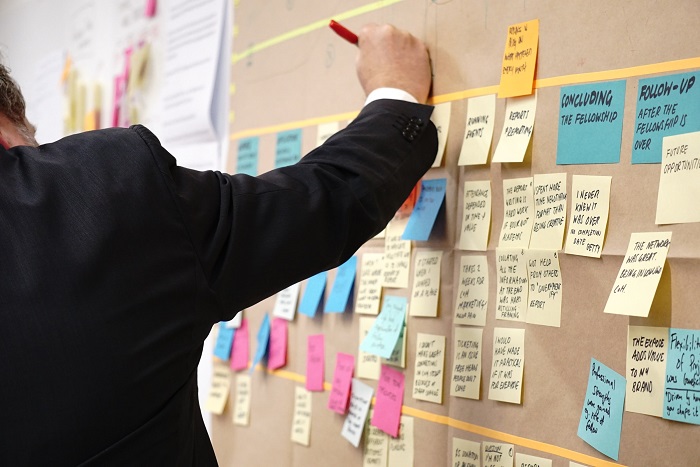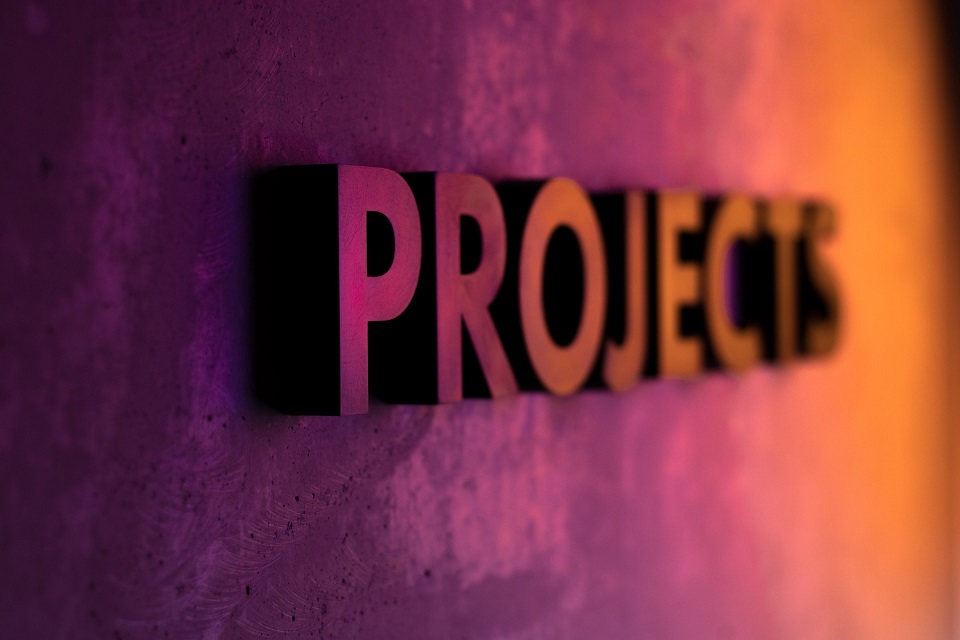If you ask me what keeps engineering students awake all night, the obvious answer would be projects and assignments, to name the two most prominent ones. We all have gone through long sleepless nights discussing the project ideas, figuring out the execution, and finally developing the project report.
But what is on the other side after putting in such efforts, and is the amount of stress put worth it? The one-word answer is a “Yes.” Let’s get through a descriptive explanation to get a clear view of what lies ahead.
Engineering is a complex mixture of both theoretical and practical knowledge. While the theoretical knowledge can be learned and tested in college exams, the experimental counterpart keeps the former in memory. While you might not exactly remember what you learned and what mistakes you committed in the exams of a particular subject, you will remember everything to the point about the project in the same discipline.
In short, a project forms the bridge between theoretical knowledge and practical application, a much-needed delicate balance in the corporate world.

Why are projects important for internships and placements?
Whenever you are interviewing, the interviewer will judge you more or less on three aspects: internships completed (if done), your CGPA, and your projects. As suggested by top recruiters around the globe, having a muscular “Projects” section in your resume will boost your chances to get noticed and hence, eventually get the offer letter in your hands. We will go through a few points to understand why:
- Projects scream that you have sound knowledge in a specific domain.
Practical application only comes into the picture if you have adequate theoretical knowledge. If you have completed the project, it means that you and your team have a clear understanding of the topic. Isn’t it quite evident that a company recruiting a web developer would be sure of your skills if you have developed many websites as part of your projects?

- Projects develop your problem-solving skills.
Think about any new task that you undertook and got accomplished on the first try. Very rare.
You will face numerous issues developing a project: right from the team formation to report submission. With more projects, you acquire more problem-solving skills and become very familiar with how to make your way out of the dark. It’s precisely what the majority of the HR interviewers are looking for.

- Projects help you choose your career path.
Although theory might appear similar for all, differentiating what to choose as your career path can be catered by developing projects. The issues you face, the concepts you learn, your likes and dislikes will help you determine whether the option is suitable for you or not. The theory of systems design, for example, sounds interesting? Complete and project and find out if you will be able to work on it in the future or not.
- Projects in diverse topics set an instance of your adaptability.
With the emergence of newer methodologies, what technologies we use now might likely become extinct a decade later. If you have multiple projects in diverse domains illustrated in your resume, it portrays your adaptability and efficiency in learning new things. The interviewers are now sure that you can suit any role they offer apart from your primary role.


















